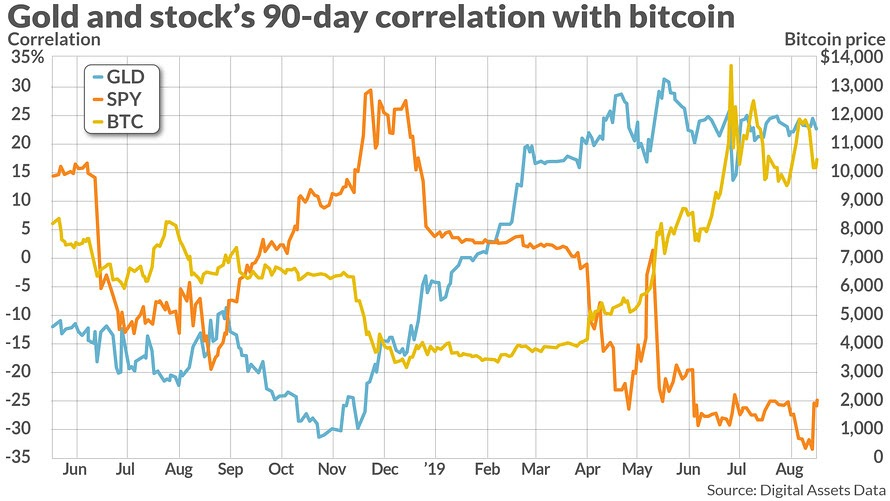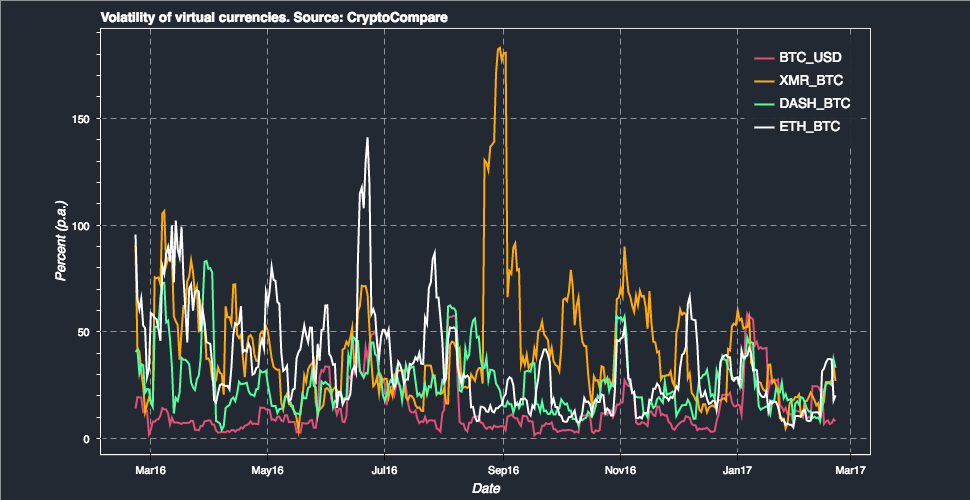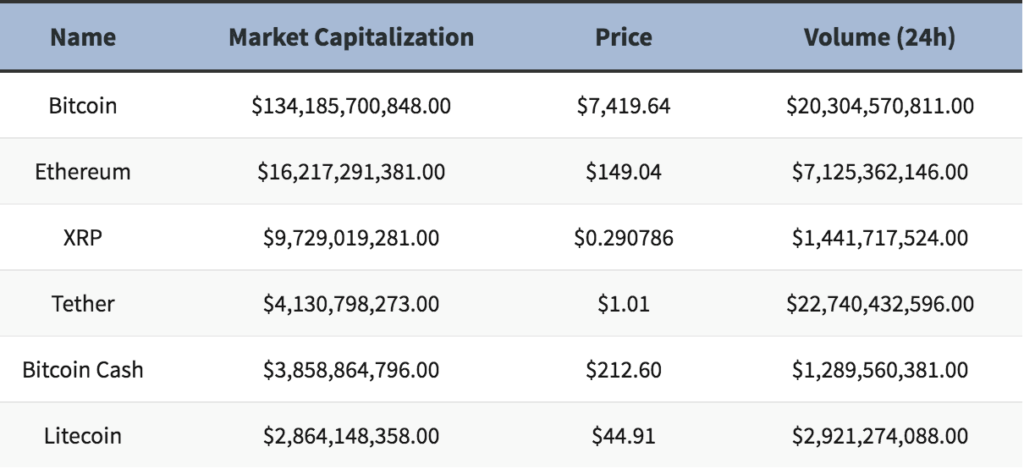
Certainly, you’ve heard the news stories about bitcoin millionaires, but are the realities of investing in cryptocurrency? Why are cryptocurrencies valuable at all? They’re not regulated by governments or banks, yet they are significantly more valuable than existing currencies. If you’re thinking about investing in cryptocurrency or simply want to learn more about what it is, this article is for you!
Why Does Cryptocurrency have Value?
Essentially anything can be considered currency if it meets certain criteria:
Uniformity: the value of every unit must be identical.
Scarcity: there must be a limited supply.
Durability: the currency must not easily disintegrate.
Transferability: each unit of a currency must be exchangeable.
Divisibility: it must be possible to divide the currency into smaller units. Fun fact: Bitcoin actually can be divided into small pieces. Bitcoin’s lowest denomination, satoshi, represents 0.00000001 bitcoins.
As it turns out, many cryptocurrencies score higher than some conventional currencies regarding scarcity, durability, transferability, and divisibility, which is one of the reasons they have garnered so much popularity.
Types of Cryptocurrency
While Bitcoin has established itself as a household name, it’s actually one of many types of currencies. Below is a list of the largest cryptocurrencies by market cap:
Data as of December 2019
Cryptocurrency vs Other Investments
When you examine Bitcoin’s performance relative to conventional stocks and gold, the results are quite surprising:
Bitcoin: As of December 2019, Bitcoin traded at roughly $7,125, a 93% gain over the course of the year. Prices went from $3,700 to $13,880 in the first half of 2019 (a 275% gain), and then Bitcoin proceeded to lose half its value.
Gold: Gold traded at $1,477 per ounce – up 15% from the beginning of the year.
Stocks: The S&P 500 index reported a 28% gain for 2019, the biggest annual gain since 1997.
As you can see, Bitcoin’s unpredictability can lead to massive losses for investors. Those looking for more predictable, more reliable returns typically pursue other opportunities. The stock market is by no means predictable, but its overall trajectory is less volatile.

Cryptocurrency Volatility and Risk
If you take a close look at the graph below, you’ll notice that cryptocurrencies experience a massive amount of volatility. Cryptocurrency’s volatility, among other characteristics, prevents it from becoming a viable digital currency. Elevated volatility leads to elevated risk. This volatility results from several factors.
Intrinsic Value: It lacks any intrinsic value since it can’t be used to generate revenue or compensate employees, among other factors.
Low Liquidity: Low Liquidity means that it’s not easy to buy and sell cryptocurrency on the open market. As a result, the cryptocurrency market can be subject to sudden price fluctuations.
Lack of Institutional capital: Mutual funds, Hedge Funds, and other sorts of institutions have largely avoided incorporating cryptocurrencies into their investment strategies.

Investing in Cryptocurrency
Investing in cryptocurrency is much more complicated than conventional investments. Below are just a few of the risks involved in cryptocurrency investments:
Volatility – the price of the cryptocurrency can fluctuate dramatically, to the delight of some and the horror of others.
Theft – cybercriminals and hackers have the ability to steal millions of dollars and have done so in the past. After such hacks, the prices of some cryptocurrencies can plummet. This phenomenon has driven the popularity of offline wallets. Offline wallets are essentially flash drives secured with a four-digit pin. Once you plug it into your computer, you can buy, sell, and exchange. Any cryptocurrency you own resides in the flash drive long term.
Inconvenience – some cryptocurrencies can’t even be purchased with U.S. dollars. Instead, one must work through intermediaries such as Coinbase or exchange one type of currency for another.
Lack of regulation – this is perhaps the scariest risk on the list. As an example, U.S. regulators do not have the ability to recover lost funds.
While investing in Cryptocurrency MAY result in a large payout, it is also extremely volatile and has a long list of associated risks! If you would like to have investment exposure in the Cryptocurrency space, within a diversified global portfolio, check out ‘Demand Blockchain‘ today.
This report is a publication of Demand Wealth. Information presented is believed to be factual and up-to-date, but we do not guarantee its accuracy and it should not be regarded as a complete analysis of the subjects discussed. All expressions of opinion reflect the judgment of the author as of the date of publication and are subject to change.



